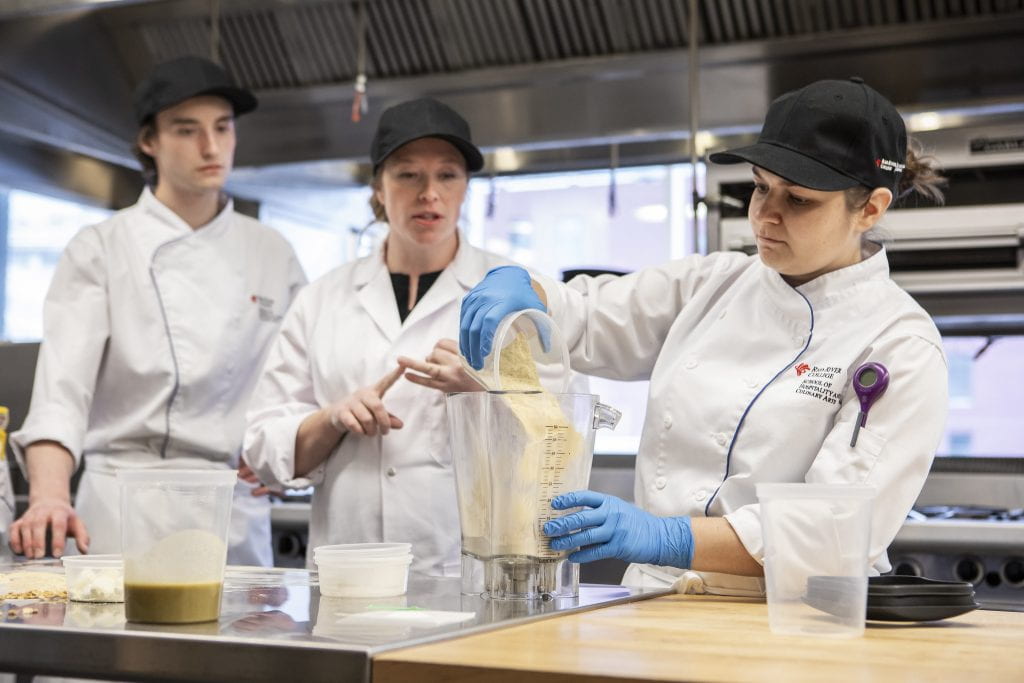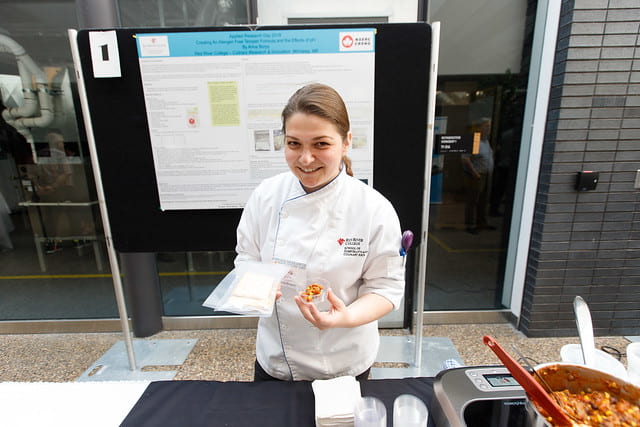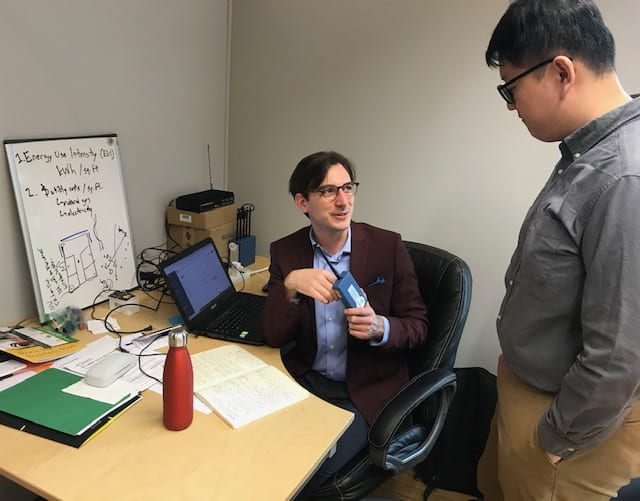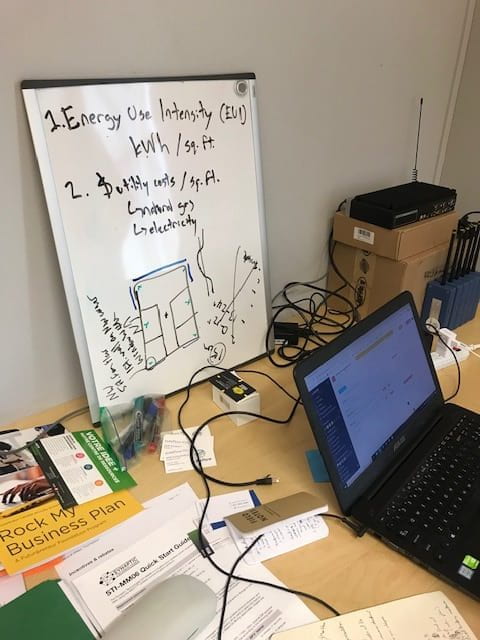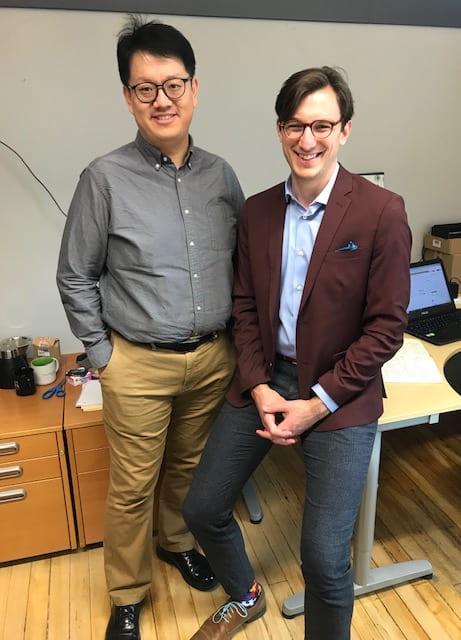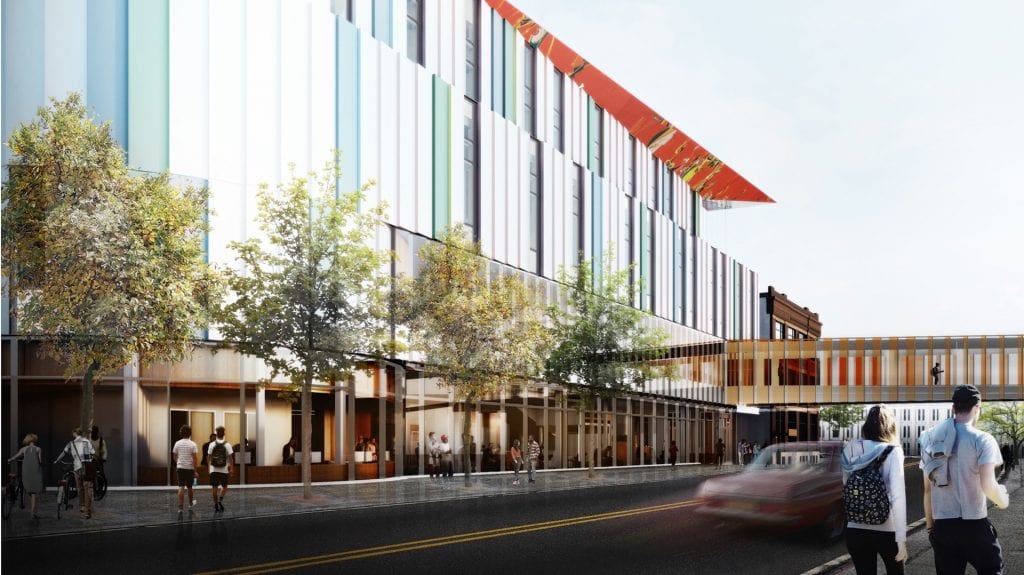CANARIE Issues Call to Strengthen Cybersecurity in Canada’s Research and Education Community
CANARIE, a vital component of Canada’s digital research infrastructure (DRI) ecosystem that supports research, education, and innovation, has announced a Call for Participation that will invest in Canadian universities, colleges, and research institutions that participate in the Joint Security Project (JSP).
This call is open to universities, colleges, and research institutions connected to the twelve provincial and territorial network partners that, along with CANARIE, form Canada’s National Research and Education Network (NREN).
For more information on this call for participation, including timelines and eligibility criteria, please visit the CANARIE website: canarie.ca/JSP-Call2

